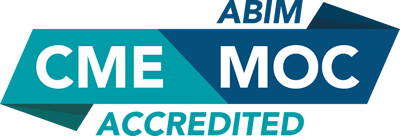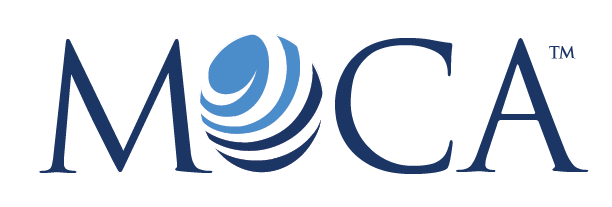
COURSE CREDITS & HOURS
14 AMA PRA Category 1 Credits™14 ACPE Credits
14.0 Contact Hours
14 (part II) MOC points in medical knowledge in the American Board of Internal Medicine's (ABIM) Maintenance of Certification (MOC) program
Up to 14 MOC (Part II) points in the American Board of Anesthesiology® (ABA) Maintenance of Certification (MOC) program
CLE Credit may be available.
COURSE FEES
TARGET AUDIENCE
PROGRAM PURPOSE
Description: Palliative care medicine as a specialty has become established in the last eleven years. But for most clinicians its basic elements and science is opaque. Most frequently, providers and patients understand palliative medicine as predominantly about dying/hospice patients. Although this is a significant role that palliative providers play, palliative medicine has equal significance in critical conditions with life ending potentials but well before life finality.
The purpose of these talks will be to explore the range and science of palliative practice and in so doing, enhance the participants capacity to seek palliative consultation and apply palliative techniques to their patients with such conditions. Examples of the areas for skill gains will be in participants understanding of treatments/pharmaceuticals for meeting palliative needs in patients with CHF, COPD, ESRD and end of life situations.
Participants will gain from case reviews direct knowledge of interactive techniques to assist the human management of clinical situations of decline. Focus too will be on the specifics of pharmaceutical management of pain in these conditions.
Topics
- Palliative Care Overview: History, Range of focus and Relation to Hospice Care
- To discover the roots of palliative medicine, its impact on traditional practice models and the relation/definition between palliative and hospice care
- Advanced Care Directives
- To define the history/legalities of advanced care directives.
- To differentiate the various formats and techniques to advance end of life discussions.
- To examine the controversies in ACD such as surgical thirty day rules.
- Pain Management and Palliative Care: Pharmaceutical review and a Review of the Issues of the Opioid Crisis
- To illustrate treatment options for critical and end of life medical conditions.
- To examine the roots and solutions of the opioid crisis particularly as related to palliative and hospice care.
- COPD, CHF and ESRD in Palliative Care
- To utilize palliative medicine skills in the planning/treatment of these common chronic conditions.
- Patient Driven Voluntary Cessation of Hydration and Nutrition
- To identify the phenomena of patient's elective decision in non acutely mortal situations to terminate their lives through active decision.
- To examine the practitioners role/obligations in such a situation
- End of Life Symptomology and Management
- To summarize the common EOL symptoms.
- To demonstrate pharmaceutical and behavioral management of these conditions.
- Issues in Palliative Care: The Opioid Epidemic/ Legalized Cannabis use /Rationing-COVID19-Palliative Care
- To examine the impact of the opioid epidemic on palliative care.
- To examine the use of cannaboids in palliative therapeutics.
- To examine the role that palliative care played in the COVID 19 pandemic
- Reimbursement and Coverage Strategies
- To examine the CMS rules of remuneration for non palliative/hospice providers in palliative/hospice patients
- Mental State - delirium, MCI and dementia
- Can the Patient Hear Me? - awareness, unresponsiveness and coma
- Stroke - follow-up and prognosis
- Gap Analysis - quality approach to practice improvement
- Multiple Sclerosis and Parkinson's in Palliative Care
- Brain Death - what is it and diagnosis
- The Plan for Monday - changes for ease of practice and improvement in care





























